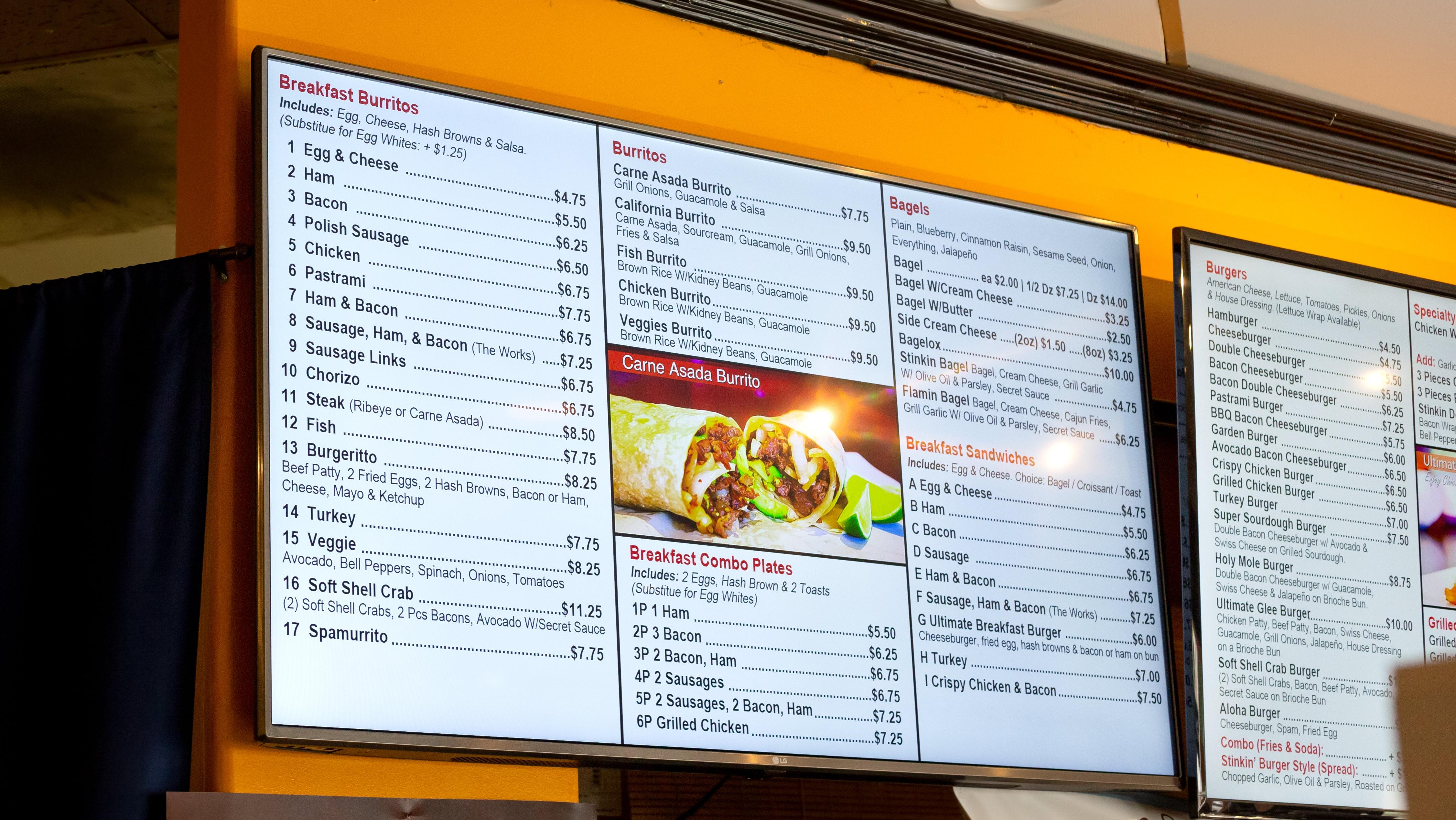Taylor Swift's Ticketmaster Disaster Affects Restaurants, Too
Dynamic pricing upped the prices of nosebleed seats, and the restaurant industry is testing the same tactic.
This week Swifties everywhere learned a hard lesson about capitalism. When tickets for Taylor Swift's Eras Tour dropped on Ticketmaster for "verified fans” on Tuesday, thousands spent hours in the online queue for tickets, causing the site to malfunction and other presale times to be shifted to accommodate the demand. The fans who stuck it out and stayed in the waiting room all day (seriously, like 8-10 hours) were rewarded with tickets that were advertised at a price of $49 to $449, but actually ended up costing much, much more.
Because of Ticketmaster's "dynamic pricing" model, exorbitant fees were added to the cost based on demand—a demand that Ticketmaster itself created by allowing every superfan the chance to buy a ticket during a small window of time. Catastrophic though it may be, it's a model that could soon be headed to your favorite restaurants.
How dynamic pricing could impact restaurants
Ordering a burger for lunch isn't exactly the same as a countdown to the exact second that concert tickets go on sale, but the financial methodology behind the influx in price can be the same. Even if you're not a Swiftie, you've probably seen dynamic pricing at work when you try to order an Uber or Lyft: When there's a price surge, it's typically during rush hour or bad weather, a time when the company knows a lot of people need to get somewhere by car, no matter the cost. The company ups the prices to improve its bottom line. At a restaurant, dynamic pricing could look like menu prices changing at a certain time of year (or even a certain time of day) when the restaurant knows it will have more customers, so as to cash in on an influx of tourists or the lunchtime rush.
There is a difference, of course, between how megacorporations like Ticketmaster or Uber use this pricing tactic and how independent bars, restaurants, and cafes might as they struggle to recoup losses from the pandemic. Ticketmaster is frequently called out for being exploitative in its implementation of dynamic pricing, while the strategy is marketed as a survival tactic for restaurants. But even when this pricing model is given the most positive spin, there are still some questionable practices at play.
Over the last year, apps like Sauce have entered the industry as a tool for restaurants wanting to experiment with this structure. "Your restaurant is sitting on a gold-mine of customer data from third party delivery channels that can be used to make your business more profitable than ever before," its website reminds us. Just like software like Thanx can tailor more personalized rewards for users based on purchase habits, Sauce can tailor restaurant prices based on customer purchase habits.
This becomes logistically easy to do on a dime, but it's inevitable that customers will start to notice. In QSR Magazine, pricing and revenue management specialist Sherri Kimes explains that it's all about the framing. Sure, customers would be angry about a sudden price hike, but they'd be excited about a discount. Essentially, a restaurant may have two different prices for one item, a high price for when it's busy and a low price for when it's not. The low price is actually the "regular" price, but framing it as a special or discount distracts from that. If you notice that your local cafe is suddenly compensating for raised prices with an assortment of random price cuts, dynamic pricing is likely at play.
It's not an entirely new concept—after all, happy hour occurs at times when people might not otherwise go out to eat. What is new, however, is the increased use of digital menus and flexible POS systems that allow for prices to be changed on the spot. It's possible that we're not far off from an IRL version of the Taylor Swift ticket queue, a long line of people waiting to buy doughnuts, each spending more money on doughnuts than the last. But what are you gonna do if you're the biggest doughnut fan? Not buy doughnuts? Companies like Ticketmaster—and more and more restaurants, soon enough—are counting on your devotion to rake in the cash.
